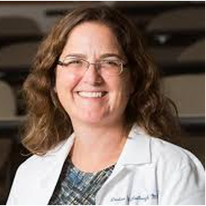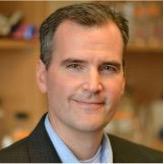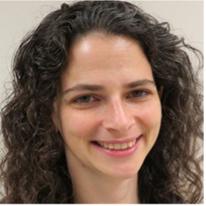Our Advisory Committee is made up of four distinguished mentors serving as external evaluators and advisors to our program. The members of the committee have demonstrated the ability to develop and maintain high-profile NIH-funded research programs. More importantly for the goals of this program, the committee members emphasize work-life balance and have demonstrated their ability to act as effective role models for future scientists. Members of the Advisory Committee will be part of the professional network of the participants.

Louise McCullough, MD/PhD
Dr. Louise McCullough is Professor and chair of the Department of Neurology at the University of Texas Health Science Center. She did both her postdoctoral fellowship and residency in neurology at Johns Hopkins. Dr. McCullough studies animal models of aging and stroke to develop therapeutic applications related to cardiovascular vulnerabilities. Her work is notable in her focus on sex differences and their underlying hormonal mediation.

Matthew Rasband, PhD
Dr. Matthew Rasband is a Professor of Neuroscience at Baylor College of Medicine. He received postdoctoral training at SUNY Stony Brook. Dr. Rasband studies how disrupted ion channels, neurotransmitter receptor distribution, or densities play important roles in neuropathic pain, spinal cord injury, schizophrenia, myasthenia gravis, epilepsy, and multiple sclerosis. The goal is to learn how rules that govern synaptic protein localization and retention can lead to nervous system repair.

Kimberlei Richardson, PhD
Dr. Kimberlei Richardson is an Associate Professor of Pharmacology at Howard University College of Medicine. She received her postdoctoral training at the Medical University of South Carolina. Dr. Richardson studies the role of orexin in motivated behaviors such as binge eating and drug seeking. She also studies the influence of the orexin system in mediating pain associated with sickle cell disease.

Avital Rodal, PhD
Dr. Avital Rodal is an Associate Professor of Biology at Brandeis University. She received her postdoctoral training at MIT. Dr. Rodal studies how neurons set up elaborate structures that are tailored to send and receive electrical signals over large distances and through complex networks of connections. These receptor trafficking impact neurodegenerative disease underlining the health importance of understanding how signal transduction is modulated by intracellular membrane traffic in neurons.